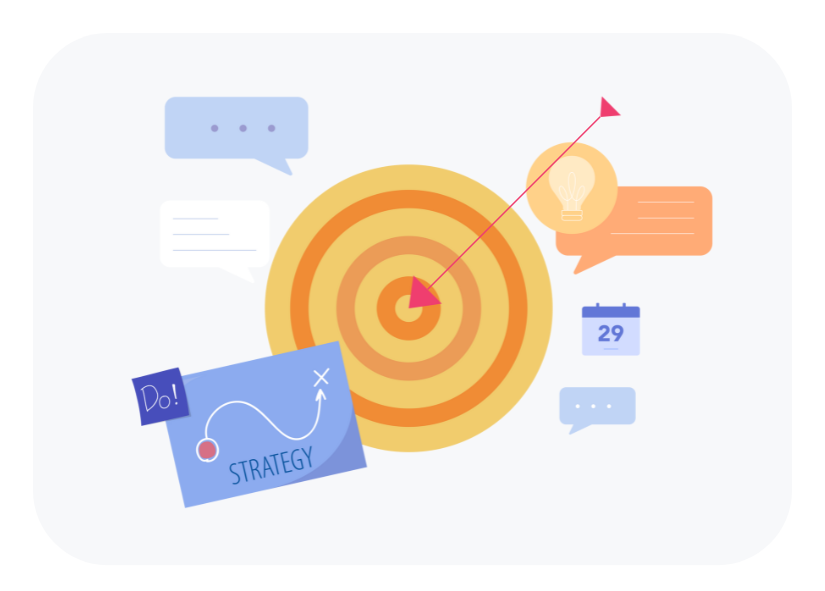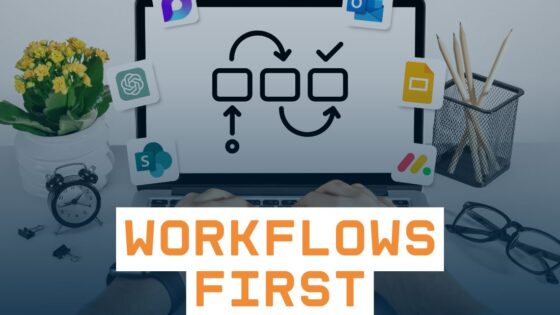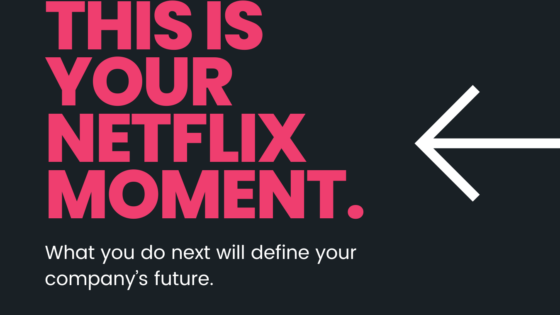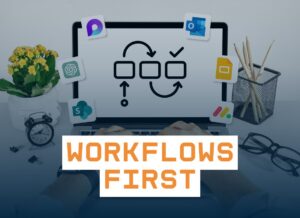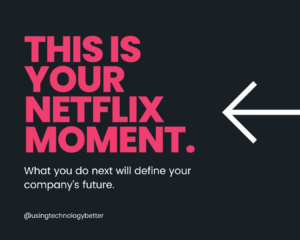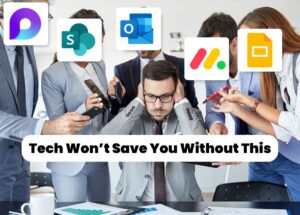We have all heard the the phrase pedagogy. But what about its bigger brother Andragogy?
Andragogy is the method and practice of teaching adult learners; adult education.

For teachers, we often call andragogy professional learning or professional development. Lately I have been thinking about the differences between andragogy and pedagogy and what that can teach us about learning.
Andragogy is mostly learning by doing.
This is where the learner comes to the activity with little experience or previous knowledge. Typically the learning is very self directed, hands on and not very reliant on an instructor or teacher. Often the learner doesn’t have the foundation to build upon and will need to learn other dependant skills and assess gaps in knowledge.
[bctt tweet=”Do you know the difference between andragogy and pedagogy? find out more here”]
All of these practises should sound familiar as they’re all aspects of student centred learning, where the learner is empowered and motivated to find the answers rather than as directed by an instructor.
In contrast, a pedagogical approach is to simply lead a learner through a series of foundations and steps slowly building on previous knowledge sets, acquiring prescribed subject matter. This relies on the instructor as the most influential factor to their success.
With the advent of Khan Academy and a big push towards reflection and personal learning goals, a strict pedagogical approach appears antiquated.
So is childhood education heading for a more andragogical (yes, that is a word) approach?
It seems to me that all roads are leading to this more internally motivated model. The teacher is becoming more of a guide and facilitator rather than a stand and deliver instructor.
Adolescent students are being encouraged to reflect and identify knowledge gaps, apply learned skills to real life tasks and often collaborate to leverage the diversity and knowledge of the group.
It might surprise you to discover that all of these characteristics are set out by Alexander Kapp (in 1833). Alexander was speaking specifically to an adult educational context. However fast forward to 2015 these traits can all be found, in one form or another, in the modern classroom.
So how do you manage a andragogical approach to learning?
You need to have a great system in place to facilitate the andragogical approach to learning. It can be quite a challenge for the teacher to monitor how each student is progressing in their learning.
Thankfully, with access to fantastic tools like Google Forms for self grading assessments, Excel surveys, e-portfolios, blogs and monitoring software such as Teacher Dashboard, the teacher can maintain a sense of order and control.
At the Using Technology Better Conference coming up in Melbourne in April and Auckland in July, Adrian Francis will be taking teachers step by step through the process of designing and implementing these environments. You can register for this outstanding conference here.
What are your thoughts? Is it possible to embrace andragogy in your classroom?
This was a guest post by Blake Seufert from McKinnon Secondary College. You can follow Blake on Twitter HERE
